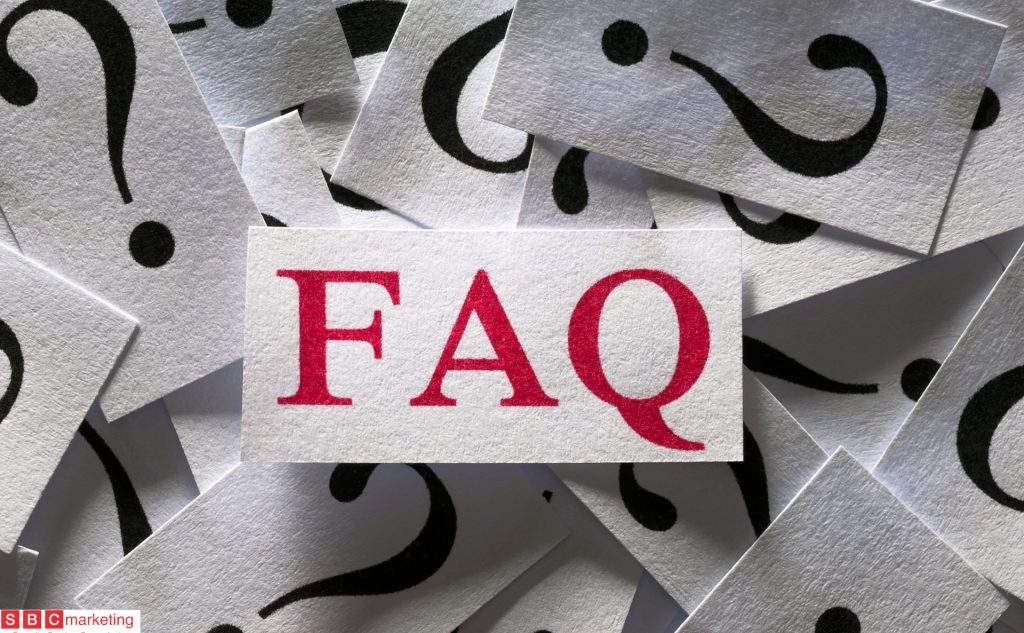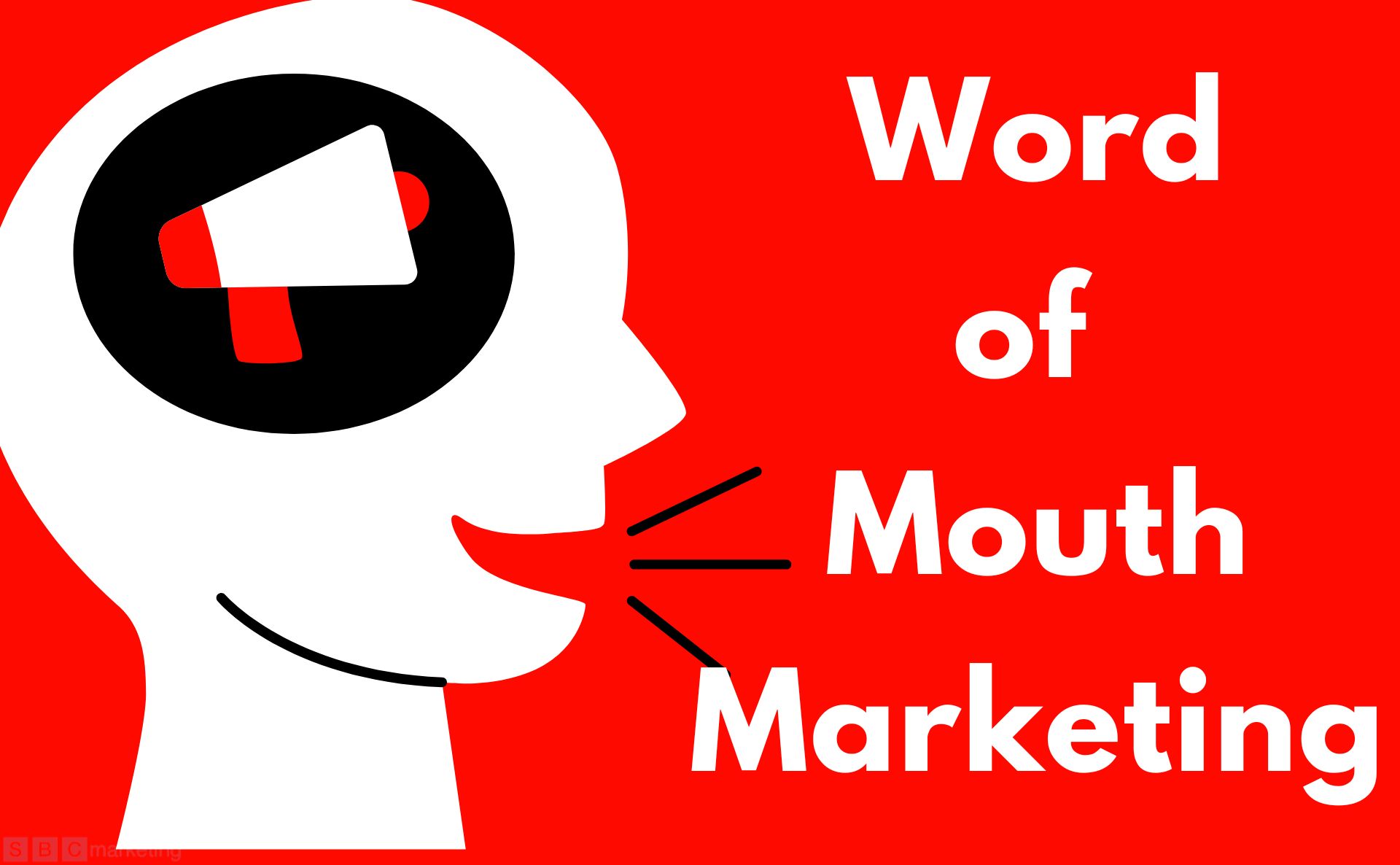Digital marketing for a restaurant is a multifaceted approach to leverage online platforms and technology to attract, engage, and retain customers while increasing brand visibility and revenue. This comprehensive strategy includes various key components:
- Social Media Marketing: Restaurants use social media platforms like Facebook, Instagram, Twitter, and TikTok to share visually appealing content, such as high-quality images and videos of their dishes. They engage with followers by responding to comments, running contests, and showcasing behind-the-scenes glimpses to build a loyal online community.
- Website Optimisation: A restaurant’s website is a central hub for online marketing efforts. It should feature the menu, pricing, location, contact details, and high-resolution images of dishes. Integration of online reservation systems and food ordering platforms is also crucial for customer convenience.
- Email Marketing: Building and maintaining an email list is essential. Restaurants send regular newsletters and updates about promotions, new menu items, or special events to keep customers informed and engaged.
- Online Advertising: Paid advertising through platforms like Google Ads or social media ads helps restaurants target specific demographics and locations. These ads can promote daily specials, seasonal menus, or discounts to a wider audience.
- Online Reviews and Reputation Management: Encouraging satisfied customers to leave positive reviews on platforms like Yelp, TripAdvisor, and Google My Business can enhance the restaurant’s online reputation. Timely responses to negative reviews demonstrate responsiveness and commitment to customer satisfaction.
- Content Marketing: Creating and sharing relevant content, such as blog posts about the restaurant’s history, chef’s expertise, or the origin of ingredients, helps establish authority and connect with potential customers.
- Search Engine Optimization (SEO): Optimizing the restaurant’s online presence is crucial for appearing in search engine results. This involves using relevant keywords, maintaining an up-to-date Google My Business listing, and ensuring the website is mobile-friendly.
- Online Ordering and Delivery: Partnering with food delivery services like UberEats, Grubhub, or DoorDash can expand a restaurant’s reach by offering online ordering and delivery services.
By implementing these digital marketing strategies, restaurants can effectively reach their target audience, engage with customers, and ultimately increase reservations, foot traffic, and revenue. It’s a dynamic and evolving field that requires ongoing effort to stay competitive in the ever-changing digital landscape.

FAO digital marketing for a restaurant
Frequently Asked Questions (FAQ) related to digital marketing for a restaurant:
1. What is the cost of digital marketing for a restaurant?
- The cost varies depending on the specific strategies and platforms used. It can range from a few hundred dollars per month for basic social media management to more substantial budgets for comprehensive campaigns involving paid advertising and content creation.
2. How can I measure the success of my digital marketing efforts?
- Key performance indicators (KPIs) include website traffic, social media engagement, online reservation or order volume, customer reviews, and return on investment (ROI) from paid advertising. Analytics tools can help track these metrics.
3. What is the best social media platform for a restaurant?
- It depends on your target audience. Facebook and Instagram are popular choices for most restaurants due to their visual nature. However, platforms like Twitter or TikTok may be suitable for specific types of restaurants and customer demographics.
4. How can I encourage customers to leave positive online reviews?
- Provide exceptional service, ask satisfied customers directly for reviews, and make it easy for them to leave feedback by providing links or QR codes to review platforms.
5. How do I deal with negative online reviews?
- Respond promptly and professionally to negative reviews, addressing the customer’s concerns and attempting to resolve the issue. This demonstrates a commitment to customer satisfaction.
6. Is it necessary to have an in-house marketing team for digital marketing?
- It’s not always required. Many restaurants outsource their digital marketing to agencies or freelancers who specialize in the field. It can be cost-effective and ensures expertise in the ever-changing digital landscape.
7. What is the role of content marketing in restaurant digital marketing?
- Content marketing helps build a restaurant’s brand and online presence. Creating valuable content, such as blog posts, videos, or infographics, can engage potential customers and showcase the restaurant’s expertise and personality.
8. How can I ensure my restaurant’s website is mobile-friendly?
- Building a responsive website design ensures that it adapts to different screen sizes. It’s important to test your website on various devices to ensure it’s user-friendly for mobile users.
These FAQs can provide insights and guidance for restaurant owners looking to enhance their digital marketing efforts and engage with customers effectively
Ready to boost your restaurant’s online presence and drive more diners to your tables? Contact SBC Marketing London today for tailored digital marketing solutions that will set your restaurant apart. Let’s get started!”
digital marketing for a restaurant, digital marketing for a restaurant, digital marketing for a restaurant, digital marketing for a restaurant, digital marketing for a restaurant, digital marketing for a restaurant, digital marketing for a restaurant, digital marketing for a restaurant, digital marketing for a restaurant, digital marketing for a restaurant digital marketing for a restaurant










